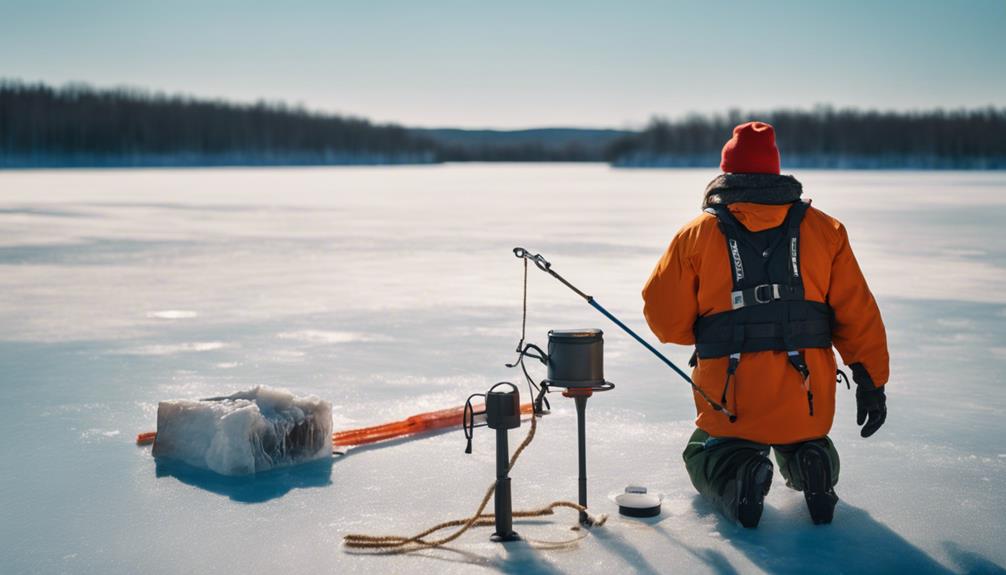Fishing is not just a relaxing pastime; it’s a way for many to connect with nature, spend time with family, and even catch dinner. However, before you cast your line into your favorite fishing hole, it’s essential to understand the costs involved, especially when it comes to obtaining a fishing license. In this guide, we will explore how much a fishing license costs in various regions, the factors that influence these costs, and additional considerations for anglers.
Understanding the Basics of Fishing Licenses
A fishing license is a legal requirement in most areas to ensure sustainable fishing practices and the conservation of aquatic ecosystems. The cost of a fishing license can vary widely depending on several factors, including the state or country you are fishing in, the type of fishing you plan to do, and the duration of the license. In the United States, for example, each state has its own regulations and pricing structures, so it’s crucial to check local laws before heading out on the water.
Average Costs of Fishing Licenses Across the U.S.
When asking how much a fishing license costs, you might be surprised to learn that prices can range from as low as $10 to over $100. In general, freshwater fishing licenses are typically less expensive than saltwater licenses. For instance, states like Wyoming and Montana may charge around $30 for an annual resident fishing license, while states like Florida or California could charge upwards of $50 for the same duration. Additionally, many states offer discounted rates for seniors, children, and disabled individuals, making it even more accessible for everyone who wants to enjoy the sport.
Factors Influencing the Cost of a Fishing License
Several factors can influence how much a fishing license costs. First, the type of fishing you plan to do—freshwater versus saltwater—can significantly affect the price. Freshwater licenses are usually cheaper and easier to acquire. Second, whether you are a resident or a non-resident plays a crucial role; non-residents often pay higher fees. Lastly, the duration of the license matters. Many states offer daily, weekly, and annual licenses, with longer-term licenses typically providing a more economical option for avid anglers.
Different Types of Fishing Licenses Available
When considering how much a fishing license costs, it’s important to understand the different types available. In general, licenses can be categorized into several types: resident licenses, non-resident licenses, one-day licenses, and special permits for fishing in specific locations or for specific species. Some states also offer combination licenses that cover both fishing and hunting. Additionally, if you plan to fish in a national park, you may need a separate permit, which can add to your overall costs.
Where to Purchase a Fishing License
Once you’ve determined how much a fishing license costs and which type you need, the next step is purchasing it. Most states allow you to buy fishing licenses online through their wildlife agency websites, making it quick and easy. You can also purchase licenses at physical locations such as sporting goods stores, bait shops, and state parks. Be sure to have your identification and any necessary documentation, such as proof of residency, ready when you go to purchase your license.
Additional Costs Associated with Fishing Licenses
While the primary expense is the fishing license itself, there are additional costs to consider. For example, many anglers invest in fishing gear, which can range from rods and reels to tackle boxes and bait. If you plan on fishing in saltwater, you may also need to consider boat rentals and fuel costs. Additionally, some areas may charge access fees for fishing in certain lakes or rivers. It’s wise to budget for these expenses alongside the cost of your fishing license to ensure a smooth fishing experience.
Importance of Following Fishing Regulations
Understanding how much a fishing license costs is just one aspect of responsible fishing. Following local fishing regulations is essential for conserving fish populations and protecting aquatic habitats. Regulations can include size and bag limits, seasonal restrictions, and specific fishing methods that are allowed. Violating these regulations can result in hefty fines, so always ensure you’re informed about the rules in your fishing area. Remember, a fishing license is not just a fee; it’s a commitment to ethical and sustainable fishing practices.
Final Thoughts: The Value of a Fishing License
In conclusion, while the question of how much a fishing license costs may seem straightforward, it encompasses a wide range of factors and considerations. The price can vary significantly based on location, type of fishing, and duration, with options available for every budget. However, the benefits of obtaining a fishing license extend beyond just legality; they contribute to the preservation of our natural resources and ensure that fishing remains a cherished activity for generations to come. So, whether you’re a seasoned angler or a beginner, investing in a fishing license is a small price to pay for the joy and tranquility that fishing can bring.
